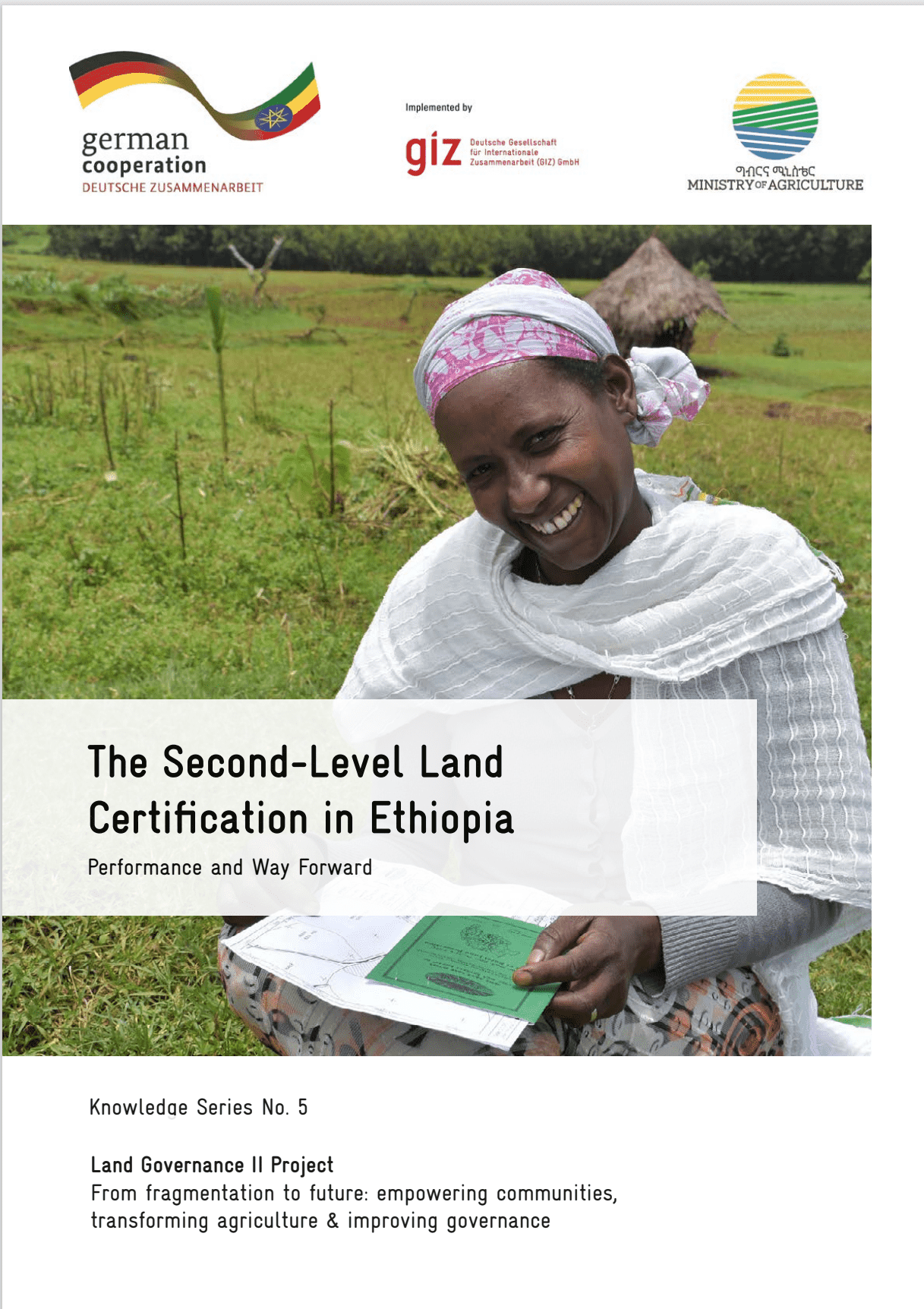Comparative Analysis of Land Policy Instruments to Tackle Land Fragmentation
This study addresses the significant issue of land fragmentation in Ethiopia, which is characterized by small, irregular, scattered parcels with no or adequate road access. With landholders owning multiple small and dispersed parcels, averaging 1.5 hectares, the situation demands urgent policy intervention.




